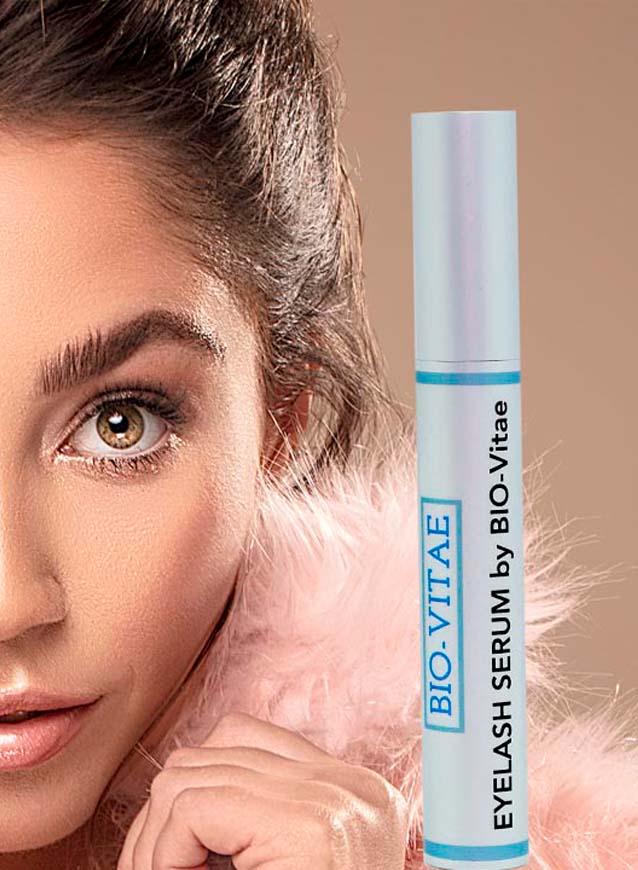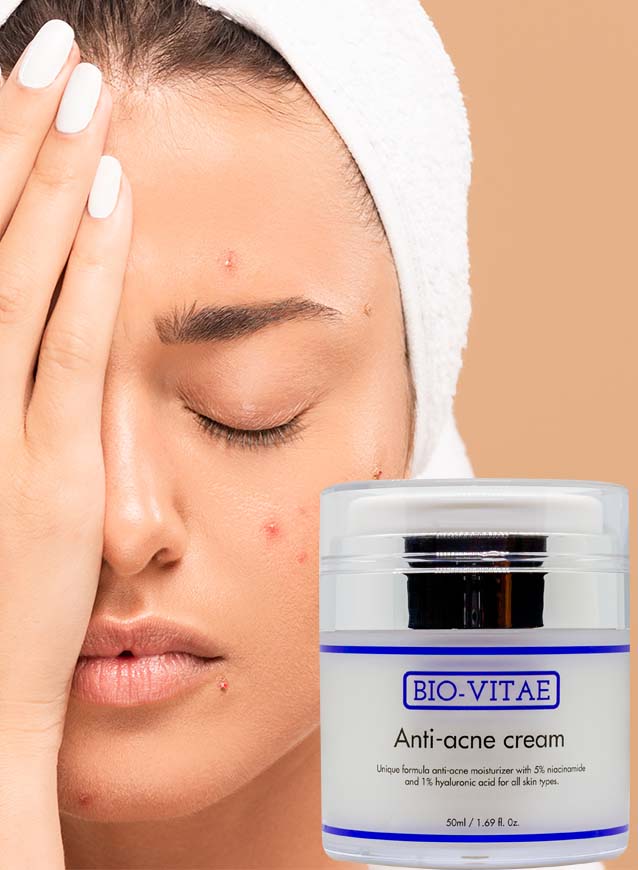STEM CELLS in skin care

If you think light therapy is a high-tech way to heal your skin, wait until you hear about this trending skin care ingredient that's going to sound incredibly genius: stem cells.
Dermatologists have turned their attention to stem cells to fight wrinkles and improve the skin's circulation and general appearance. Yes, you heard right. Stem cells, the same ones used in innovative medical research
for the treatment of Alzheimer's and certain types of cancer, is now sold over the counter in the form of creams, serums and other skin care products. Except there's one big difference here: These stem cells usually originate from
plants (or occasionally animals). But they work in the same way as human stem cells and can offer anti-aging benefits to your skin.
What stem cells are and how they work
Human stem cells are unique because of their ability to divide. In certain organs, they may even become specialized to repair and replace damaged tissue. "Stem cells are rapidly dividing cells in the body that have the ability to give rise to more stem cells or become other types of cells with a more specialized function," explains Dr. Sejal Shah, board-certified dermatologist and RealSelf contributor in New York City. . Plant stem cells have similar functions, she says.
Both plant and human stem cells contain proteins and amino acids, adds Dr. Michele Green, board-certified dermatologist and RealSelf contributor in New York City. "These signal that the body's cells need to be rejuvenated and can result in the skin looking younger," she says.
Why you see stem cells in your skin care products
As mentioned above, stem cells contain amino acids and peptides, which are skin care's powerful ingredients for skin rejuvenation. "These are the building blocks of cell renewal, so over the last few years there have been
been a variety of both animal and plant-based stem cells in skin care products," explains Green. "Stem cells have natural antioxidant properties and they nourish skin cells, which promotes cell turnover and increases collagen production."
This can result in fewer lines and wrinkles, improves skin texture and tone, and you get both younger and better-looking skin, she says.
But keep in mind that it's not actually living stem cells you're seeing in your face cream, notes Shah. "Most skin care products with stem cells contain plant stem cells and more specifically stem cells extracts." That's not necessarily a bad thing, though. She says these extracts are often rich in antioxidants and can provide growth factors to help renew and repair the skin. "The extracts themselves can benefit the skin, but it's not correct to think that part of this type of product will then turn into a new skin cell. Remember, plant cells cannot turn into human cells, and they no longer live once they've been processed and added to skin care."
Dr. Eve Lupenko, a board-certified dermatologist at Greenberg Cosmetic Surgery in New York City, is beginning to use treatments that incorporate plant-derived stem cells in her practice. "The reason we prefer to use plant stem cells is that you don't have to worry about transmitting diseases in humans and animals," she says. "We see plant-based stem cells in skin care products these days because they repair the skin at a cellular level (a much deeper level). Most regular skin care products don't penetrate these areas of the actual skin cells."
What dermatologists think
The effectiveness of stem cells in skin care depends on who you ask. Some dermatologists like Lupenko worship them. "Stem cells have the potential to repair skin cells, and they also protect your skin from external factors and create a more youthful look," she says. “They go into
the skin's cellular level, and they are able to deliver moisture and repair agents where they need to go."
Others are not convinced why exactly stem cells are suddenly buzzing in the skin care world. "They can be rich in antioxidants and often contain hydrators and moisturizers, so they can be good for the skin," says Shah. "But do I think they are more effective than non-stem cell products? Not necessarily, but could well indicate that"
Green sees the potential in using stem cells in connection with other treatments. “The products work, but you can improve the benefits dramatically with other procedures, such as a combination with regular skin care products.
Choosing a stem cell-included skin care product
If you're interested in trying stem cells, take some time to read a few articles like this one to learn about how stem cells work and to find out which products work best for your skin, Lupenko recommends. "It's important to use them regularly if you want to see results," she says.
And while you may find some stem cell products derived from animals, Green recommends sticking with plant-based stem cells. "There is more research into their effectiveness," she says.
APPLE STEM CELL from BIO-Vitae is made from a specific variety of apples from the south of France, which should be the best for this purpose.








